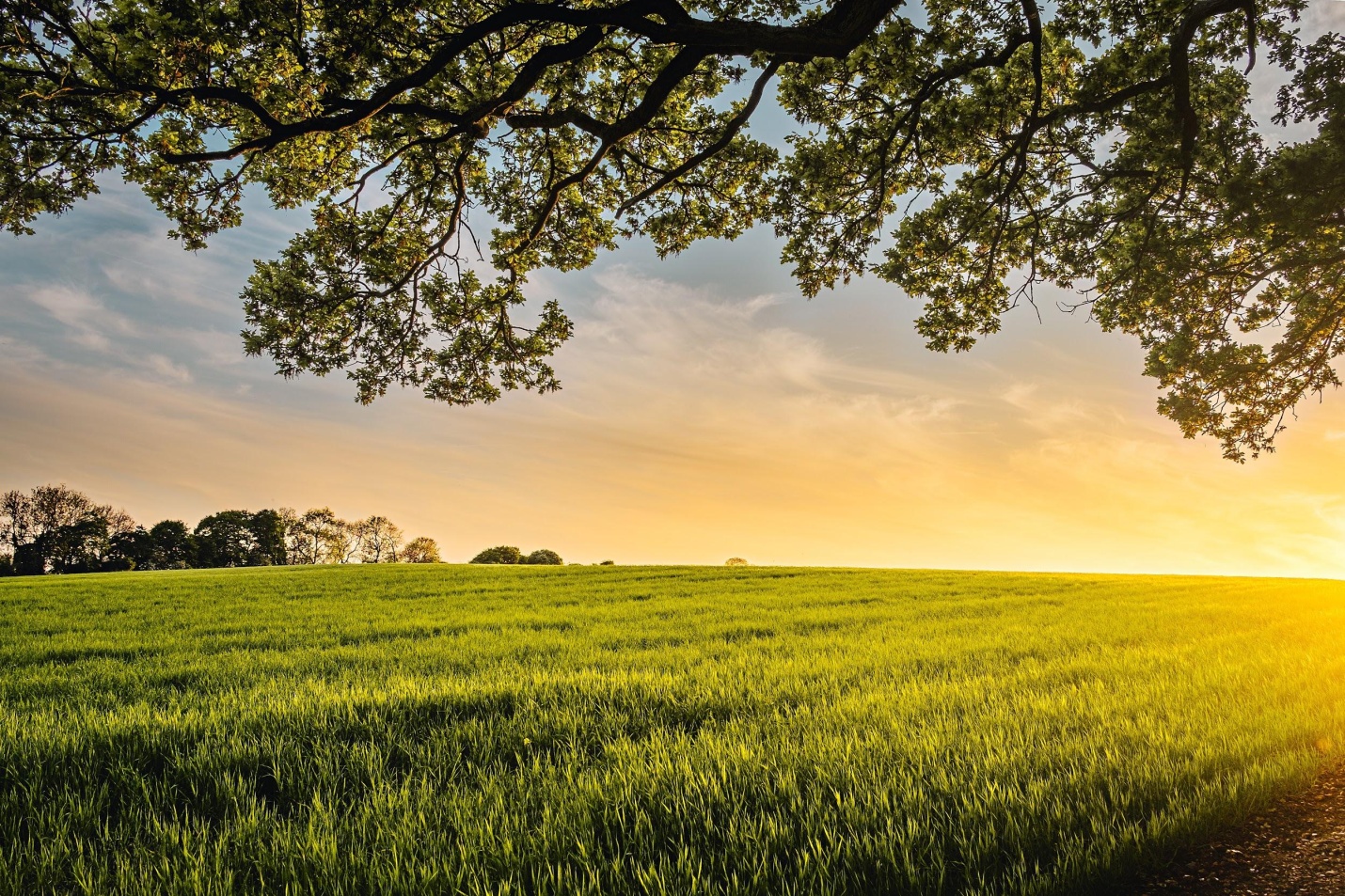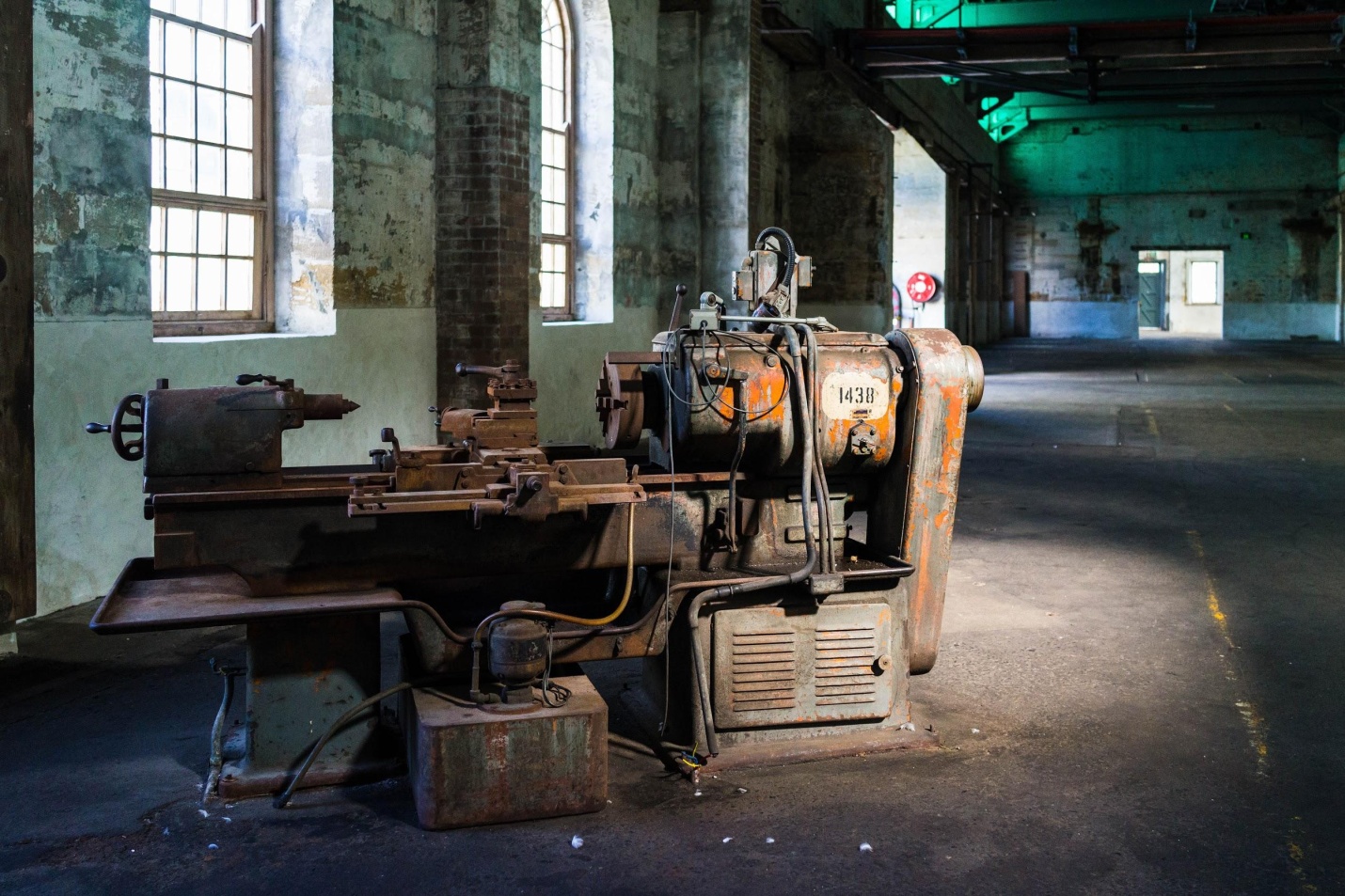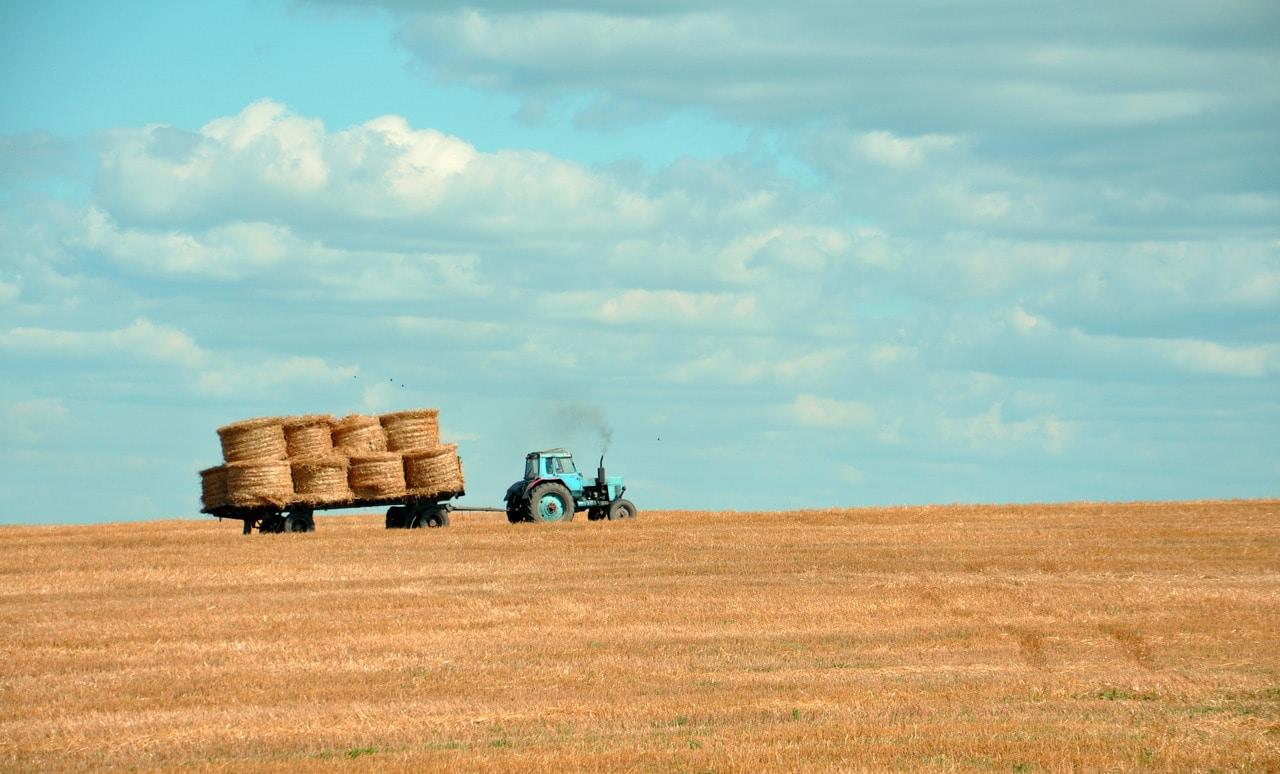Your farm isn’t just where you live, it’s your livelihood as well. You rely on it to survive and thrive, so you need to take care of and protect it as best as you can. That doesn’t just mean using the right fertilizer and taking care of your animals well, as you already do. It also means thinking ahead about potential risks and taking steps to protect your farm as much as possible. Here are five ways that you can start better protecting your farm today.
1. Identify your valuable assets.

Sometimes there are assets that we see and use every day but we don’t think about protecting them fully because they seem like normal possessions to you. For example, you probably lock your tractor or any heavy machinery away in a barn, but attachments are often left at the side of paths where it’s easy to access them. You might store animal feed or supplements near where the animals are kept, where they might be vulnerable to the elements or pests. Take a second look at your farm with fresh eyes and see if you’ve picked up any bad security habits.
2. Always have a backup generator.

A farm can’t run without electricity these days. Don’t be reliant on an external source of energy. Instead, secure your farm’s power through your own generator hire. You’ll never need to worry about running out of energy again with this temporary power source. Even better, if you host any special events on your farm, you’ll have a portable temp-power source ready to go. Power generators are a great specialty hire to consider for your farm and generator rental can be affordable — certainly more affordable than the loss you’ll incur if you don’t have a rental generator and lose power for any length of time!
3. Protect your crops.
If you grow crops for your farm, they’re likely going to be vulnerable to pests from the earth and from the sky. Use this crow repellent for corn seed to keep crows, blackbirds, and grackles off your crops. This is especially important for your crop nurseries in spring, where seedlings and growers are only just starting to grow and are particularly vulnerable to get snapped up by some pesky birds or having caterpillars nibble holes in them. Avoid setting up too many bird feeders on your property too; this will discourage birds from coming back, as they won’t be used to getting good from the area of your farm.
4. Buy the correct insurance.

Should the worst happen, your farm should be protected as well. Getting the right insurance is vital to make sure you can cover the costs of theft, damage, or any other potential risks your farm might face. Be sure to find an insurer who has insured farms before and can give you good advice on what kind of policies you might need. A farm is not like a house or regular business — it has particular needs that should be recognized in your insurance.
5. Make security visible.
If you invest in security precautions like cameras and ‘No Trespassing’ signs, then make sure these levels of security are clearly visible. Often, the warning that this land and property is protected is enough to scare off would-be thieves or vandals. Put signs outside of all your buildings warning that there is active CCTV surveillance and that trespassers will be prosecuted. You can even get signs that warn of alarm systems and guard dogs — whatever you think is most appropriate for your farm. Gates to enclosures, doors to barns or outhouses, and any roads onto your property should all be clearly marked. Make sure that anyone who comes onto the land knows it is private property. You’d be amazed at what a deterrent these measures can be, and all at a relatively low cost as well.